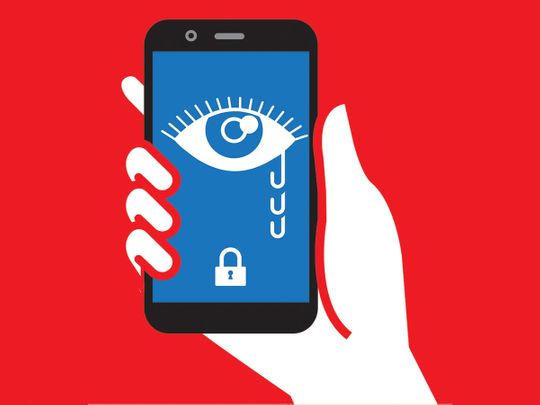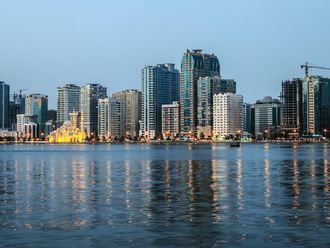
The benefits of COVID-19-induced acceleration of digital transformation are much talked about. The digital divide – particularly amongst children – less so.
Now that we are more aware, we have an opportunity to deal with it. What we also now know is that it is a vast digital gulf that threatens to leave hundreds of millions of the already underprivileged at an even greater disadvantage. This is a challenge, but also an opportunity for corporates and policymakers to develop a new roadmap to digital and economic inclusion.
While the economic benefits of being ‘digitally included’ are clear - almost 100 million new jobs are in the offing by 2025, according to McKinsey - the risks of exclusion are shocking. The World Economic Forum’s Future of Jobs Report explains how the digital exclusion of billions of workers increases the risk of livelihood crises, and is likely to exacerbate ‘social cohesion erosion’ — two of the highest likelihood and highest impact risks of the next 10 years.
Data as a human right
Those risks threaten to slow the development of the digital economy itself and, by virtue, the ability for SMEs and businesses across MENA to benefit from it. Low digital inclusion equates to fewer people innovating within the digital ecosystem, which has proven to be critical in sectors like agritech and sustainable climate-smart technologies, which have an intrinsic social impact.
The social impact explains why many now view data as a human right: to have data is to gain access to economic opportunity and social mobility. In 2016, the UN General Assembly adopted a non‐binding resolution regarding ‘The Promotion, Protection and Enjoyment of Human Rights on the Internet’.
Academics agree; the global ethics lecturer at the University of Birmingham, Merten Reglitz, published research in 2019 that shows why internet access should be considered a human right and a universal entitlement. She and many others believe that data ought to be provided free to those who can’t afford it.
Public-private provision
If data really is a human right – and the consequences of digital exclusion suggest it needs examination – then there is a moral imperative for a joined-up, multi-stakeholder approach to dealing with it (not least because it is the poorest countries in the world that will suffer most).
Some serious voices are calling for private sector action. Oulimata Sarr, Regional Director of UN Women, said in a 2020 report on resilience that, “We are witnessing first-hand during the COVID-19 crisis how technology is an enabler of trade, education, and health information. Mobile service providers can play a greater role in ensuring connectivity.”
She is right. If multinational tech firms can build hospitals in the least developed countries (LDCs), they can work with governments to ensure equal access to the internet. Policymakers must explore this avenue.
They have an opportunity to explore new ways of widening access to data – new financial models like public-private-partnerships help make internet access and data cheaper to those parts of the region where data is out of reach.
Avoiding a fractured future
If the public and private sector can use this unique moment in history to lead the charge on digital inclusion, other stakeholders can follow in helping to achieve structural changes that can help close the divide. Those strategies are explained in the World Economic Forum’s Global Risks Report 2021, which was developed in collaboration with Marsh.
It shows how through institutional change, information collection and sharing, and equipment and vaccines, governments can adapt their decision-making to explore funding and operational models to address this challenge.
We have seen how resilient innovators and entrepreneurs have been in evolving their business models during COVID-19 towards greater online sales, diverse delivery methods, digital alternatives and solutions to help fight the virus and its impact. Now is the time to arrest and reverse the widening of the digital divide so that all in the MENA region can benefit from the digital revolution.




